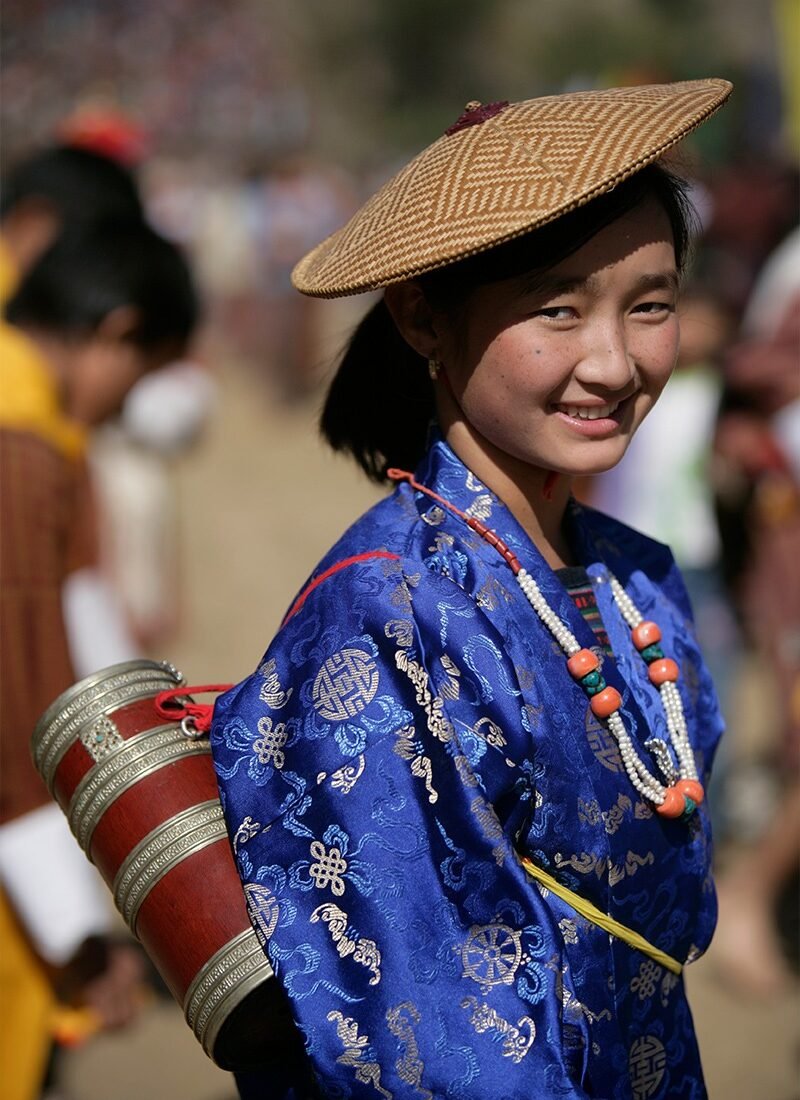Contact Us
Timeout Bhutan Travel – Your Best Travel Partner in Bhutan

WHAT WE DO
- Customize Authentic vacations
- Go above and beyond
- Put your best interests first
- Expect exceptional reviews
- Value relationships
- Exceed expectations
- Find those hidden gems
WHAT WE DON'T DO
- We don’t customize Cookie-cutter travel
- We don’t sacrifice quality for profit
- We don’t overpromise
- We are not inflexible
- We are not the same as everyone else
- We don’t act closed-minded
- We don’t lack imagination
Latest Blogs
FAQs for Your Bhutan Tour Adventure
The currency of Bhutan is the Ngultrum (BTN). Indian Rupees are also accepted in Bhutan, but notes of 2,000, 500, and 200 are not commonly accepted. It’s advisable to carry cash, as ATMs might not be widely available, especially in rural areas, and not all places accept credit cards.
Bhutan is considered one of the safest countries for tourists.
It’s recommended to consult with a healthcare provider for vaccinations and health advice at least 4 to 6 weeks before your trip.
Respect local traditions and dress modestly, especially when visiting religious sites. Always ask permission before taking photographs of people or religious icons. It’s also customary to remove your shoes before entering temples and some homes.
Yes, attending a Tshechu (religious festival) is a highlight of visiting Bhutan.
Due to the limited number of tourists allowed to enter Bhutan and the need to arrange visas and travel permits, it’s advisable to plan your trip at least 3 to 6 months in advance, especially if you’re planning to visit during the high season or attend a popular festival.
Travel within Bhutan is usually arranged by your tour operator, including private vehicles for transportation between cities and to tourist sites. For trekking tours, transportation of equipment is typically handled by yaks or horses, with guides leading the way.
